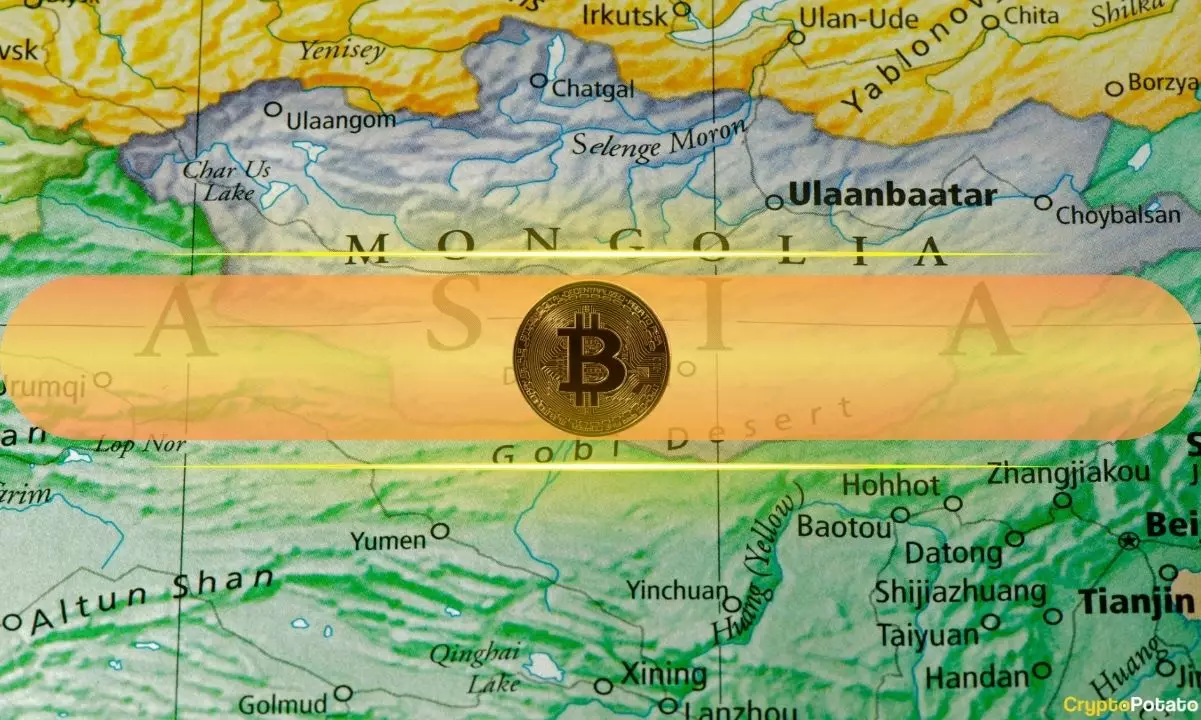The cryptocurrency landscape is shifting dramatically, with nations racing to secure Bitcoin reserves amidst evolving market dynamics. The CEO of Metaplanet, a Japanese venture capital firm, recently underscored the urgency of this trend, signaling a potential transformation in how countries perceive and utilize Bitcoin as part of their financial ecosystems. This article examines the implications of Japan’s ongoing engagement with Bitcoin in the context of American developments, particularly under the prospective leadership of Donald Trump.
As discussions regarding the establishment of a Bitcoin reserve in the United States gain traction, experts are observing a tangible ripple effect across the globe. Gerovich, the CEO of Metaplanet, articulated during a New Year’s Eve party that Japan will likely mirror U.S. actions if Trump pushes for a strategic national Bitcoin reserve. This notion resonates with a growing belief among crypto analysts that the U.S. is setting the stage for international admiration and imitation.
The idea of nations adopting a “Bitcoin standard” suggests a significant shift in monetary discussions. Global corporations are beginning to embrace Bitcoin, and governments are finding themselves compelled to confront the cryptocurrency no longer as a mere investment but as a critical financial asset. Gerovich points out that conversations around Bitcoin are permeating high-level governmental discussions, an encouraging sign for proponents of the cryptocurrency.
The potential climate change in Japan’s cryptocurrency policies directly relates to how U.S. leadership engages with Bitcoin. After all, Japan has often regarded the U.S. as its “big brother” in financial matters, which heightens the urgency for Japan to adapt to U.S. strategies. The implication here is clear: if the U.S. sets a precedent by accumulating Bitcoin as a national resource, Japan and several other Asian countries are likely to follow suit.
Gerovich suggests that countries in Asia—especially those in emerging markets—might see adopting Bitcoin as a means to stabilize their own currencies. In regions where economic volatility has become synonymous with disaster, the allure of Bitcoin as a hedge against inflation and instability is considerable. The emergence of Bitcoin as an essential tool for national financial strategies may not just be a curiosity but a necessity for resource-driven nations looking for security in their economic forecasts.
Metaplanet has begun adopting Bitcoin as a core component of its investment strategy, aligning itself with the footsteps of tech firm MicroStrategy. Gerovich noted that their largest purchase to date involved nearly 620 BTC, reflecting a commitment to accumulating Bitcoin over time to benefit shareholders. Their persistent investment approach illustrates a fundamental belief in Bitcoin’s long-term value and its role as a crucial asset in governance and commerce.
This investment directly ties into the broader narrative of corporate and government collaboration for crypto adoption. As firms like Metaplanet engage with Bitcoin, they amplify the debate surrounding its legitimacy and utility, paving the way for countries to reconsider their stances. The rising prominence of cryptocurrency within corporate strategies acts as a bellwether for national policies, creating a closed-loop of influence—where corporations drive government policy and vice versa.
As we stand at the precipice of significant economic evolution, the juxtaposition of U.S. initiatives and Japan’s strategic responses will likely define the future landscape of Bitcoin. With the potential adoption of Bitcoin as a strategic reserve under Trump’s administration, nations across the globe—including Japan—will need to consider their own positions relative to this unprecedented shift.
The international race for Bitcoin reserves is not merely about accumulation but about validating a new chapter in global finance. As countries weigh their options and form strategies, Bitcoin’s role as a stabilizing asset may significantly determine economic policies and national financial foundations. The stakes are high, and the world is watching closely as Japan and others consider how best to integrate Bitcoin into their financial futures.

